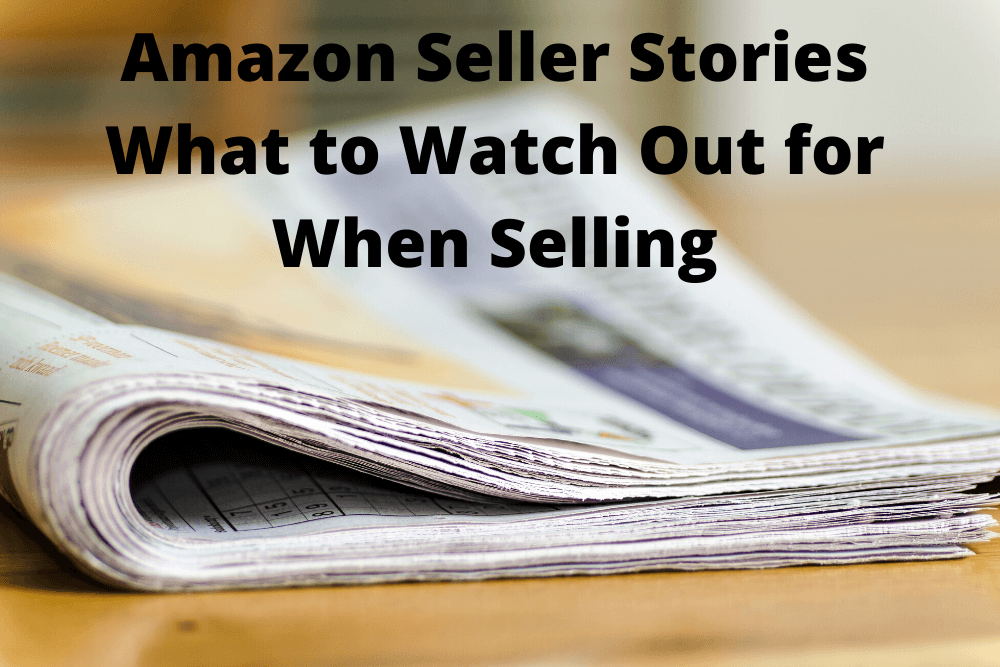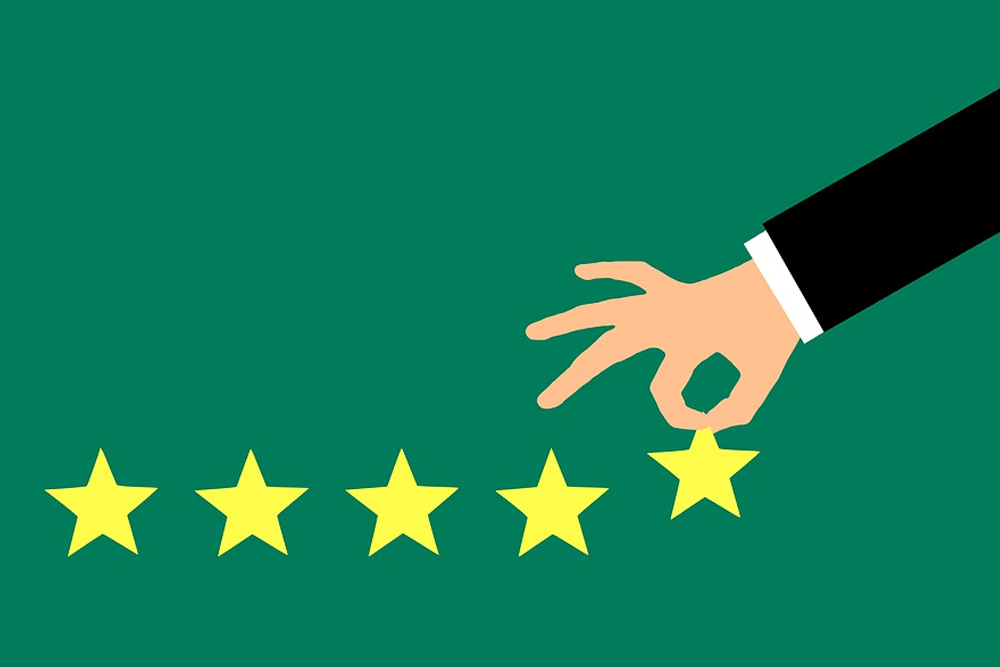
Selling on Amazon can be great but there can be all sorts of things beyond your control that could upset the apple cart. Here are a few things to watch out for!
As wonderful as Amazon is, it is not without its horror stories. When selling on Amazon, it is important to be aware of some of the issues you may face. How bad can it be, you might say, well, we’re here to tell you that it can get pretty ugly.
While the following is just one seller’s story, we can assure that he is not alone:
One day, a successful Amazon seller found himself inundated with positive product reviews. Typically, he’d receive one or two a day so this volume certainly stood out. He suspected something was wrong and reported the reviews to Amazon. Problem solved, right? Not really. Amazon’s algorithm picked up on the activity and suspended the account for suspected fake reviews.
This seller encountered one of the most devious Amazon scams. His competition has paid for fake positive reviews in order to sabotage his account. The strategy worked. While fighting the suspension this seller lost untold revenue.
No matter how successful you are, disaster may be lurking around the corner. Instead of being afraid, be aware. Here’s what to watch out for:
Fake reviews
Fake reviews and malicious actions from your competitors are some of the most common troubles sellers face. These activities can take many forms but typically, in order to boost their own profile on Amazon, sellers may pay people to leave fake reviews on their own products.
If your competitors are doing this then it will put them at an unfair advantage but real troubles can arise when they start targeting your profile directly. Attackers may flood your profile with negative reviews in an attempt to damage your reputation, or, as mentioned above, they may flood it with positive reviews hoping that Amazon flags your account.

Owning a platform
If Amazon is your only sales channel, that could be an enormous problem. It’s easy to see why you’d be tempted to handle things this way, selling on Amazon means you don’t have to spend money on your own website and ecommerce structure.
The problem is that if you don’t own the platform you’re selling on, your not on stable ground. If you were to be kicked off Amazon – either justly or unjustly – your entire business could be at risk. Yes, you might stay within the rules and do everything by the book, but sometimes you can get into trouble for things that are completely out of your control.
Take, for example, the story of one seller who was storing thousands of DVDs using the Amazon FBA program. A single customer complained about a counterfeit DVD which resulted in Amazon suspending the seller’s account and demanding the seller pay thousands of dollars to have the products returned to the seller or else the products would be destroyed. The real kicker is that the counterfeit DVD did not even belong to that seller.
By expanding your sales channels you can ensure a more consistent revenue stream and protect yourself from this sort of situation.
SEO changes
Search engine optimization (SEO) is an important part of getting your products listed on page one. A great SEO strategy can get your products seen by buyers and will be a massive boost to your revenues.
However, Amazon is constantly refining its A9 algorithm which it uses to deliver search results. A tweak to the algorithms could suddenly see a drop in your product’s page rank.
You must keep an eye on your SEO performance and if it starts to dip, adopt a new strategy.

Watch out for Amazon Basics
The Amazon Basic line is popular with both customers and sellers. It allows merchants to sell products under the umbrella of Amazon’s brand. These products are typically high-quality but low-cost items such as batteries or inkjet cartridges and they can be a great money spinner.
The problem is, Amazon often uses merchants on Amazon Basics as Guinea pigs to see which products will be profitable. So, if you strike Gold with one product you might see Amazon releasing its own line and encroaching on your niche. Suddenly, you’re fighting against an extremely well-funded competitor who also owns the platform you’re selling on.
Guess who is likely to win that battle.
Eroding profit margins
Amazon makes its money by leveraging a number of fees and these can take a big bite out of your profit margins. Pricing is a delicate business. You need to set prices low enough to be competitive, but you also need to make a decent profit. Amazon’s seller fees are typically around 15% of a sale. If you have a 25% profit margin most of that profit is immediately eaten up by selling fees, but that’s only the start. There are other fees, FBA storage fees, that can eat into your profits.
If your manufacturing costs go up, or the government introduces a new tax, you could be faced with the unpleasant choice of absorbing the cost or passing it on to the customer.
There are all sorts of things which can go wrong which is why it pays to keep an eye on your inventory, your product listings, SEO strategy, and incoming feedback to make sure you don’t miss a giant disaster off in the distance!

0 Comments